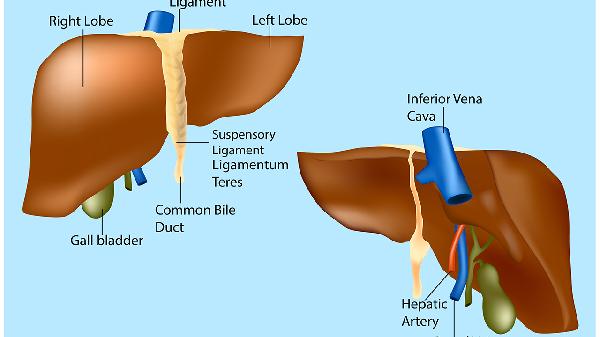When it comes to "hepatitis B small three positives," we are quite familiar with it. It's a relatively common infectious disease that can be transmitted from mother to child, making it possible to infect children. However, one important thing to note is whether hepatitis B small three positives is contagious depends on the amount of hepatitis B virus in the body. High levels of the virus mean strong contagiousness, while low levels indicate weak contagiousness. Some patients with small three positives may not have detectable hepatitis B virus in their body, and generally, they are not contagious.

Hepatitis B small three positives is a state of the body after being infected by the virus, and there are several scenarios:
Firstly, in some small three positives patients, almost no virus replication is detected. This condition is known as inactive surface antigen carriers. Typically, these patients have normal liver function and negative virus test results, indicating a milder condition.
Secondly, some patients may experience virus mutation, leading to small three positives hepatitis. In this case, the virus test is positive, liver function is abnormal, and treatment for ordinary chronic hepatitis B is required.
Thirdly, long-term infection in small three positives patients can lead to virus mutation, resulting in e antigen-negative hepatitis B. Patients with liver cancer or cirrhosis are usually small three positives patients, as prolonged infection leads to the stages of cirrhosis or liver cancer.
Thus, hepatitis B small three positives does not necessarily indicate a mild condition.
The transmission routes of hepatitis B small three positives are quite specific. Common routes include mother-to-child transmission, blood transmission, and sexual transmission. The probability of transmission through eating, i.e., fecal-oral route, is low. Mother-to-child transmission is mainly considered as intrauterine infection and infection during childbirth, with a relatively small hereditary factor. Sperm of hepatitis B patients is highly likely to carry the virus genes to the offspring. If the father has hepatitis B, the children often have it too. Explaining this through contact infection often doesn't hold. Investigations of more than ten children born to hepatitis B fathers, who left their original families after birth (through adoption, fostering, etc.), have all subsequently tested positive for hepatitis B, confirming the hereditary nature of hepatitis B.
From this, it can be concluded that the main impact of hepatitis B small three positives on children is mother-to-child transmission, but there is also a certain probability of heredity.
























